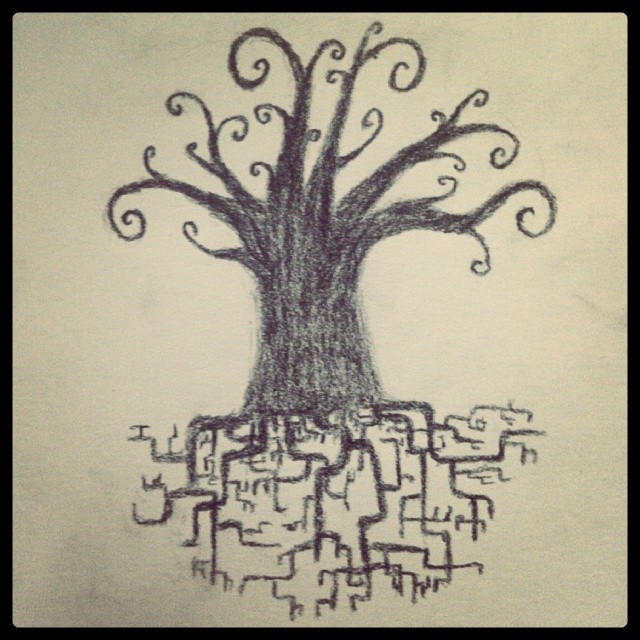The following post was originally posted to my previous blog. It is being re-posted here to help establish some ideas that will be explored further in future posts and to provide some content in the meantime.
Our government has decided that we, the voters, are incapable of discerning truth for ourselves. They have decided that we cannot hear both sides of the climate change issue and determine for ourselves which to believe. They have decided to make the decision for us. What is worse, they have decided not to debate the information, or to disprove it, but to silence it. They have decided not to affirm their stance, but to remove the opposition. That is not the position taken by those seeking the truth, but those seeking to shield themselves from it. After silencing scientists and whistleblowers and proposing to cut funding to public, educational media, it is no huge stretch to believe that our government will go after the mass media that the president has already been speaking (or tweeting) out against.
The nature of truth has long been lost — neglected and abandoned, even — in the quagmire of noise of each side of every issue trying to shout above the other, insulting the opposition and bolstering their own side with propaganda. The nature of social and mass media has given each of us a soapbox, and so every one of us is standing tall and shouting — often merely echoing the words of peers and pundits alike — until we barely have time to listen, especially to any opposing views. And as moderate views gain moderate responses, the polarized and polarizing responses bubble to the list of top comments and viral posts. Affronted by the polar opposites, we rally to our side and against the other, worsening the noise and widening the gap. Continue reading “Truths We Have Forgotten about Truth”


